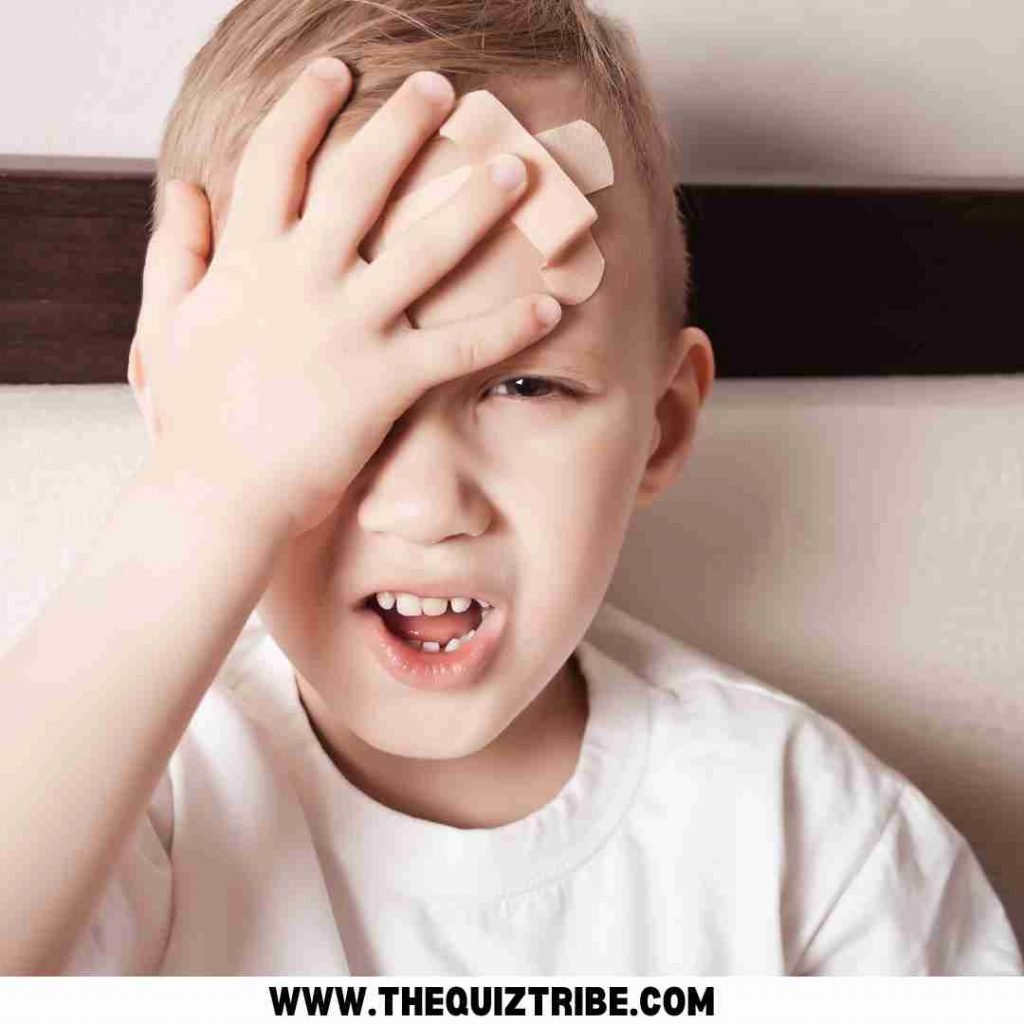What is Concussion
A concussion is a condition with an injury to the brain that results in temporary loss of normal brain functions.
A concussion is also a mild traumatic brain injury associated with headaches, concentration difficulties, memory issues, and balance and coordination problems.
Causes for Concussion
- Trauma or blow to the head
- Violent shaking of the head and upper body also leads to Concussion.
- Common causes may include motor vehicle accidents, falling, and getting hit. Sports injury, bicycle accidents.
- Blast injuries in war zones.
- Alcohol consumption is the risk factor.
Many people believe that a Concussion means losing consciousness, but it’s not true.
Symptoms Of Concussion
Concussion symptoms may not show up immediately; it may take two weeks in adults and four weeks in children.
The symptoms may continue for a few weeks or longer.
Common symptoms may include
- Ringing in the ears
- Headaches
- Nausea
- Vomiting
- Blurred vision
- Drowsiness
- Fatigue
Other symptoms are
- Amnesia: loss of memory, especially the event responsible for the cause.
- In confusion, the person feels as if he is in fig.
- Dizziness or seeing stars
- Temporary loss of consciousness
- Mumbled speech
- Delayed response to the questions
- Forgetting often, repeatedly asking the same questions.
- The person feels challenged to concentrate.
- The person will be having a problem with memory.
- Irritability and different personality changes
- Highly sensitive to light and noise
- Disturbance in sleep pattern
- Depression and physiological adjustment problems
- Disorders of taste and smell
Concussions will damage memory, speech, judgment, reflexes, balance, and muscle coordination.
A person with a Concussion often complains of amnesia.
It is essential to attend to even mild concussions.

When to see a Doctor?
Most people get well in a short period. Few people take a longer time to recover.
When you have the following symptoms, then you should seek Medical Care
- Headache is not reducing. Instead, it’s worsens
- Decreased coordination
- Slurred speech, weakness, numbness
- Seizures
- Not able to wake up
- Loss of consciousness
- Where symptoms have further exacerbated at any time
- Symptoms have not disappeared even after 10-14 days
- A person with a history of multiple Concussion
Testing and Diagnosis of Concussion
The doctor asks numerous questions regarding the injury. And the patient should tell if any unusual symptoms have happened.
There is no need to perform MRI and CT regularly scans to diagnose concussions. Because usually, they don’t show any changes where the person will expose to unnecessary radiation.
Treatment
Concussion affects people in different ways, including balance, vision, also mood.
The primary treatment for Concussion is to take plenty of rest.
However, new methods involve therapy to target particular symptoms. There are clinics to identify the affected system and treat a sign relatedly.
The person should undergo a thorough medical examination before returning to sports or other activities.
Complications
After suffering from a Concussion, a person may suffer from these symptoms such as difficulty in concentration, memory issues, mood swings, headache, personality changes, fatigue, dizziness, insomnia, and excessive drowsiness from weeks to months. This phase is called post-concussive syndrome.
Athletes shouldn’t continue playing when having these symptoms if repeated Concussions occur. He should stop playing.
